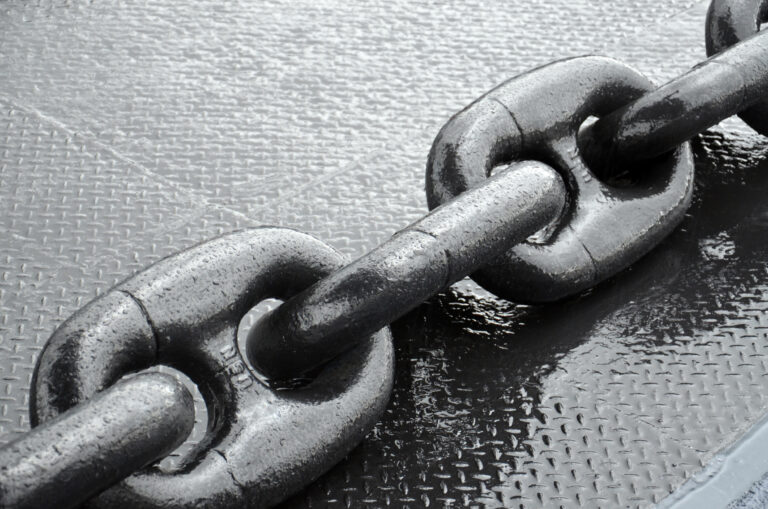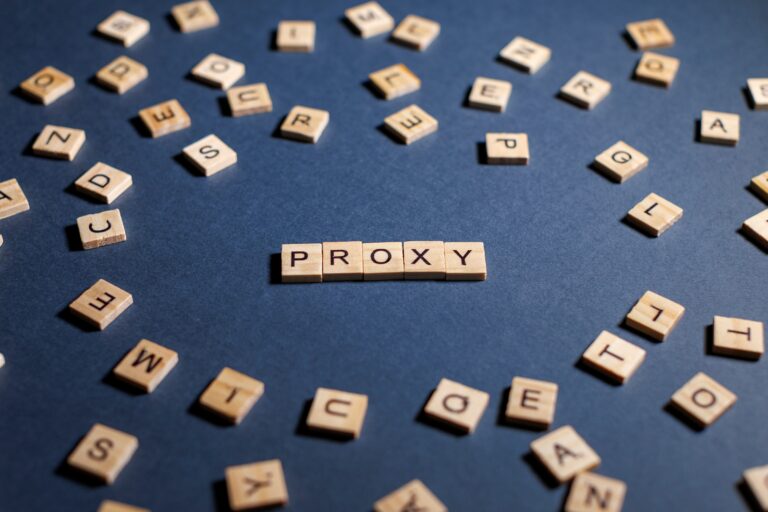Media freedom and journalistic news media as an institution are the first targets when hostile actors try to undermine democracy and freedom of speech. In addition to journalists, the work of authorities, government officials, and researchers is also hampered. Today, independent and fact-based news reporting is in danger, and the existence of the journalistic media is threatened, not only by authoritarian governments but also by other hostile actors (domestic and foreign). Journalists and media organizations are under attack, for example by hate speech, disinformation, deep fakes, and doxing, in order to disrupt journalistic processes and sabotage media companies’ operations. Furthermore, the media sector has faced economic challenges due to global digitalization, which has changed the sector’s revenue model and media consumption.
A major issue is the legal status of the content-sharing platforms of global social media companies (henceforth social media platforms), as well as the transparency of the algorithms they use. As present-day gatekeepers of the daily news agenda, social media platforms control public discourse and political information and curate the content delivered by using non-transparent algorithms. Due to the tighter regulation of the journalistic news media, competition and operational conditions are not equal between the news media and social media platforms.
Journalistic news media as an institution has a key role in supporting democratic processes by maintaining reliable information and open public debate, and by enhancing public awareness of key societal issues and political decisions affecting societies and citizens. As trustworthy information is a vital commodity, citizens’ access to credible information must be secured in all circumstances.
Although the EU has put a great deal of effort into fighting against disinformation, it has not utilized the capacity of the journalistic media in tackling fakes, for example by providing financial or other resources to strengthen the media resilience.
Information resilience and the resilience of the journalistic news media are an essential part of the overall resilience of society. Hence, the EU as an institution and all member states are now invited to take part in improving regulation in order to help defend freedom of expression and liberal democracy.
On 24–25 April 2019, the European Centre of Excellence for Countering Hybrid Threats (Hybrid CoE) together with the Finnish Media Pool (part of the Finnish Emergency Supply Organization) hosted a News Media and Legal Resilience workshop. The April 2019 workshop recommends that the EU considers actions to:
- Define the legal status of social media platforms.
- Improve the transparency of algorithms operated by social media platforms.
- Explore whether harmonization of regulation could strengthen freedom of expression in the EU member states.
- Support EU member states to use more effective existing legal tools to tackle hostile activities against the media, and provide law enforcement.
- Provide financial support, either via the EU or member states, for the news media’s selfregulation, guaranteeing at the same time the integrity of the media’s self-regulative organizations.
Support EU member states in setting up a national legal fund providing professional journalists with insurance covering possible legal costs incurred by hostile actions against journalists.


 Hybrid CoE Paper
Hybrid CoE Paper 




